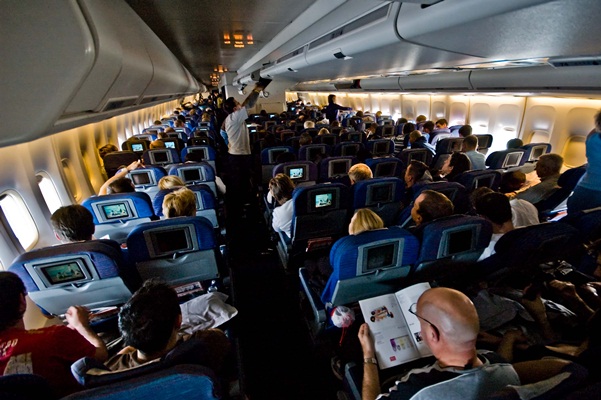“Pointless” is how Ryanair described the latest strike action its pilots are taking, following disputes over pay and working conditions. Michael O’Leary’s budget airline has a point. Nearly 95 per cent of its UK pilots turned up to work. The planned disruption has been virtually non-existent.
Consider why people fly with Ryanair. Price, convenience, and utility often determine budget purchase decisions. Ryanair ticks all three. It’s cheap, operates from major airports, and the planes generally get to where they need to be. Beyond that, there is little discernible reason to choose it.
The industry sits at a crossroads: price comparison sites have diluted passengers’ relationships with airlines. People click the cheapest, easiest flight that best suits their travel needs. With budget air travel, brand is often an afterthought.
So consider too, British Airways, once the most renowned flag-carrying airline brand in the world. Its pilots were also on strike this week, for the first time in its history.
“BA has lost the trust and confidence of pilots because of cost-cutting and the dumbing down of the brand… management want to squeeze every last penny out of customers and staff,” said a union representative.
In short, BA pilots went on strike because BA is trying to emulate Ryanair. It has lessened what it was famous for – quality, customer service, reliability and prestige – because its market share is being gnawed away by low-budget airlines. Consider that free food on short-haul flights has been axed, replaced with paid-for Percy Pigs from M&S, and a picture of the brand’s health starts to become clear.
There can be no doubt that airline economics have irretrievably changed. The top and bottom of the markets have drifted apart in response to one another, leaving a gaping hole in the middle where BA once resided.
But as it has responded to the Ryanairs of the world, the customer experience that once set BA apart has been slashed to improve parent company IAG’s bottom line. No surprise that BA was responsible for two thirds of IAG’s €3.23 billion operating profit last year. But it’s a race to the bottom. Imagine Waitrose reorienting its business to compete with Lidl. It simply wouldn’t happen.
In various iterations, BA has existed over 100 years. When a brand is so ingrained in the public conscience – when it is loved, trusted and respected – its fall from grace is hard to watch. It’s like seeing an old friend who has changed for the worse, and realising you won’t be seeing them again.
Above all it’s a breakdown in trust. It feels like BA staff were striking on behalf of loyal BA customers. Appealing only to the lowest common denominator – those who buy through algorithm only, who want to get from A to B for the lowest price – is a surefire way to increase revenues but destroy a brand.
Short-term efficiencies to please investors can lead to long-term decline. Brand is a perpetually evolving thing: when a brand’s customers change, so too must the brand. Concerns over environmentalism, fair treatment of staff, and the political stance a company takes are more important to customers than ever before when choosing a brand.
In an era where trust is in short supply, we look to those we have always had faith in. When that trust is broken, it is hard to repair. BA can’t rely on heritage in a world where everything is being disrupted. Being cheap is no excuse for treating your customers and staff as stupid, otherwise BA could run out of runway.





























































































































































































